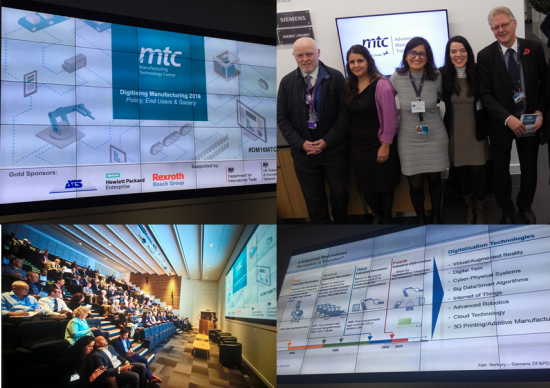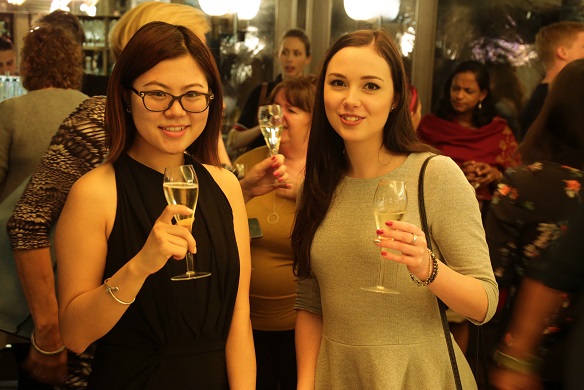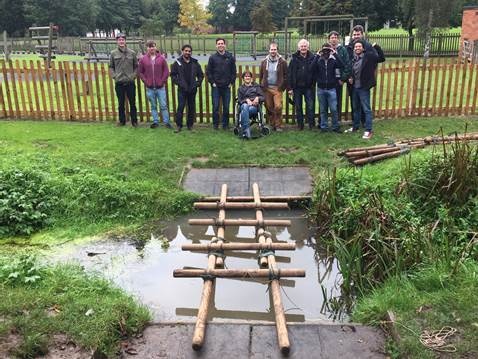Digitising Manufacturing 2016
17 November 2016
Following on from the success of last year’s ‘Future Factory’ Conference The MTC held its second conference on Digitising Manufacturing. This year the conference themes were Policy, End Users and Society with the conference strands designed to address the most important barriers in the path towards digitisation of the UK manufacturing sector.
Opening the conference was Prof Tim Dafforn, Chief Scientific Advisor at the Department for Business Energy and Industrial Strategy. He presented a real-world example of how he has seen the 4th industrial (r)evolution impact individuals and change business models. Throughout the day there was debate as to whether we are seeing evolution rather than a revolution. The following sessions focussed on policy aspects with speakers from Germany, Sweden and the UK highlighting the achievements and visions for the future. The second session of the day was looked at education and training, which is very close to our hearts. Speakers from Siemens, Bosch Rexroth Academy and TUC gave examples of best practice in their organisations for addressing the challenges faced and new skills required for digitisation, this was not limited to new graduates but also providing new skills and training to existing employees to meet the requirements of changing workplace.
“The engineer of the future will spend more time in the virtual world than the physical world” Alan Norbury, Siemens








